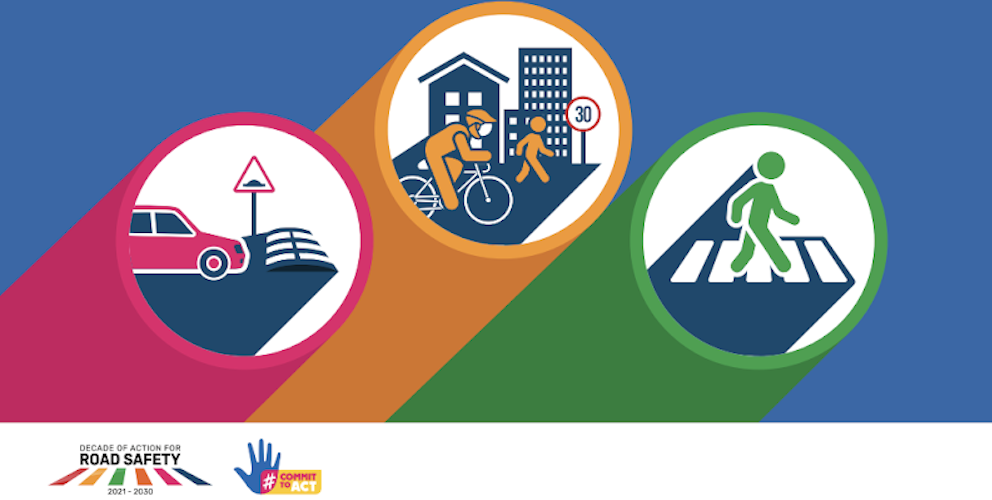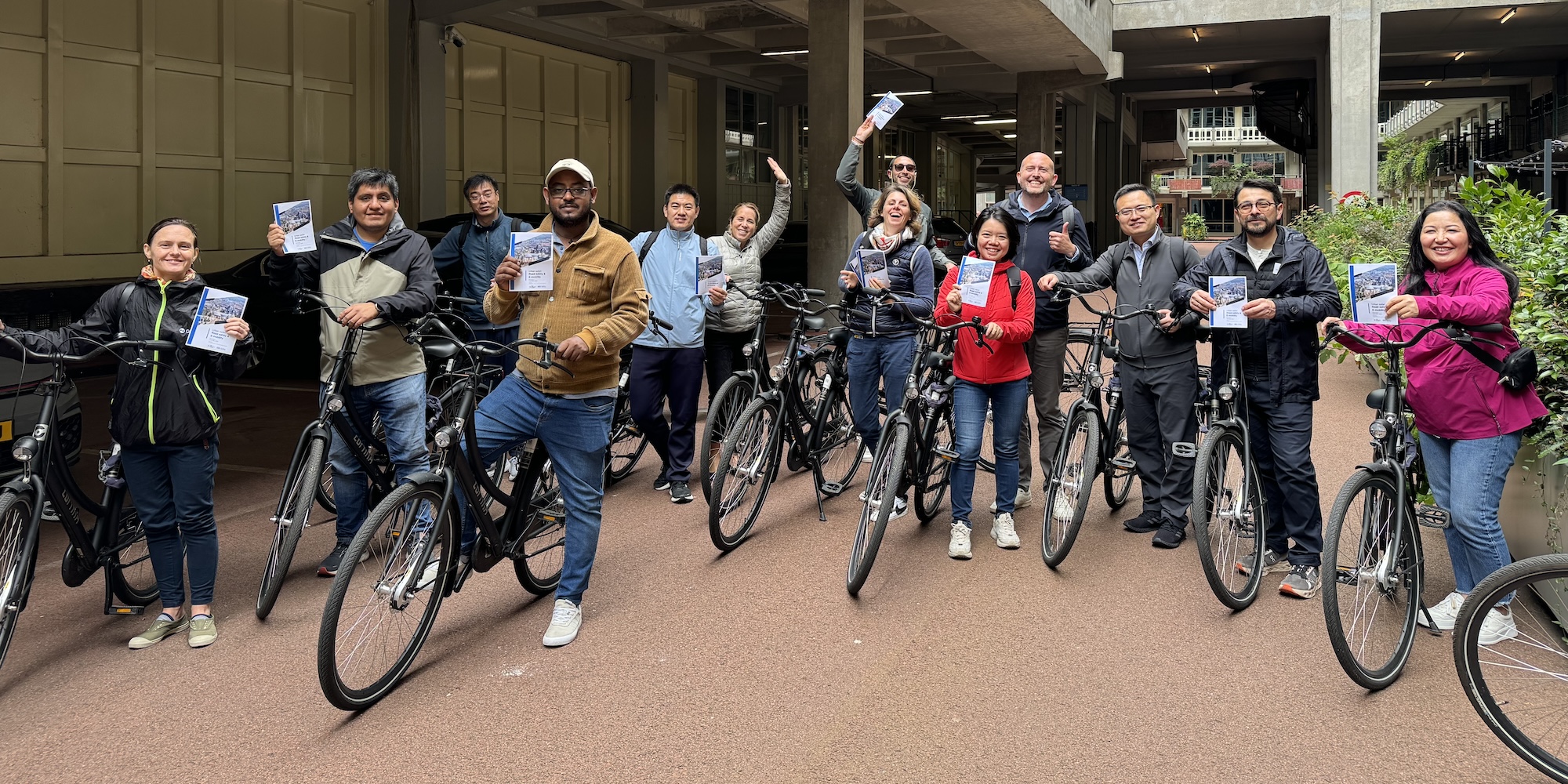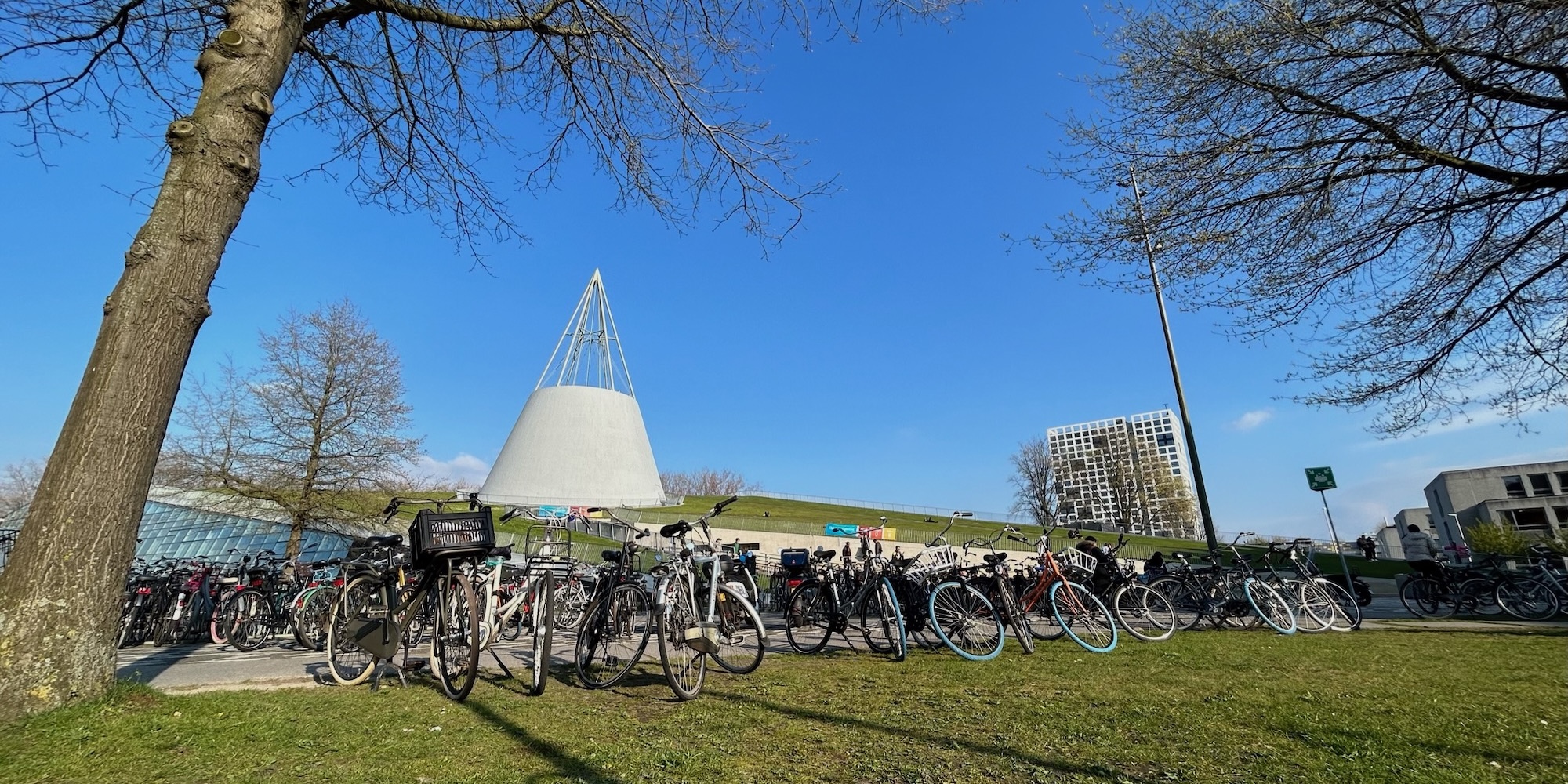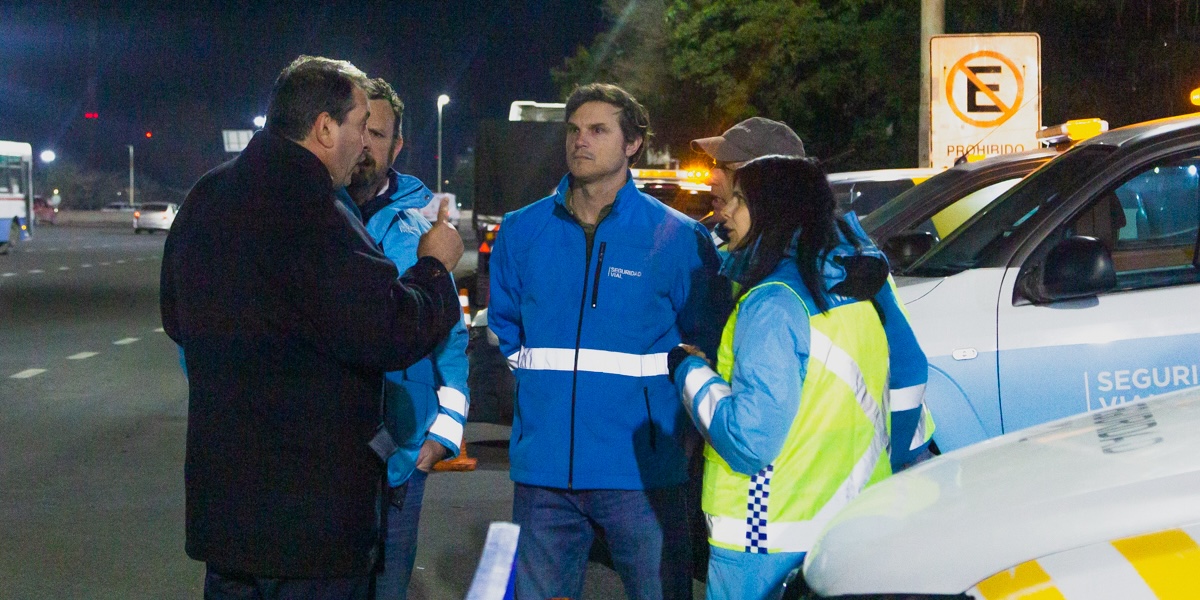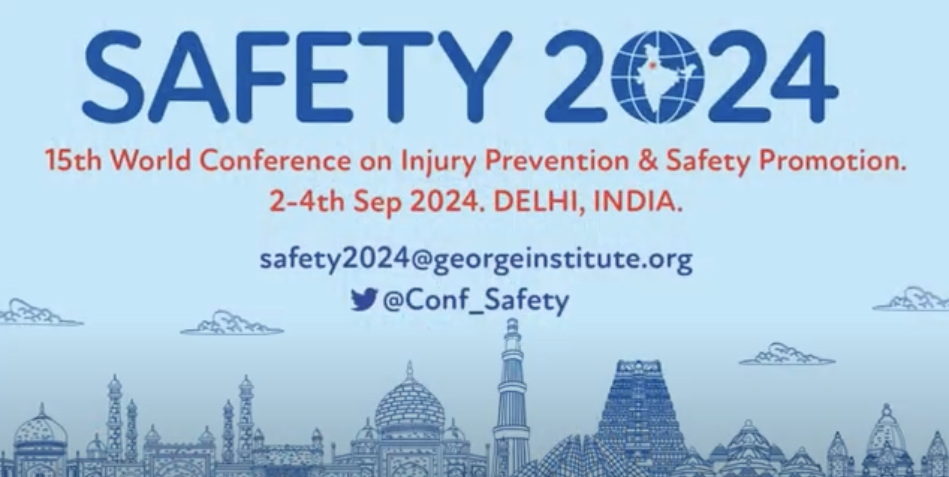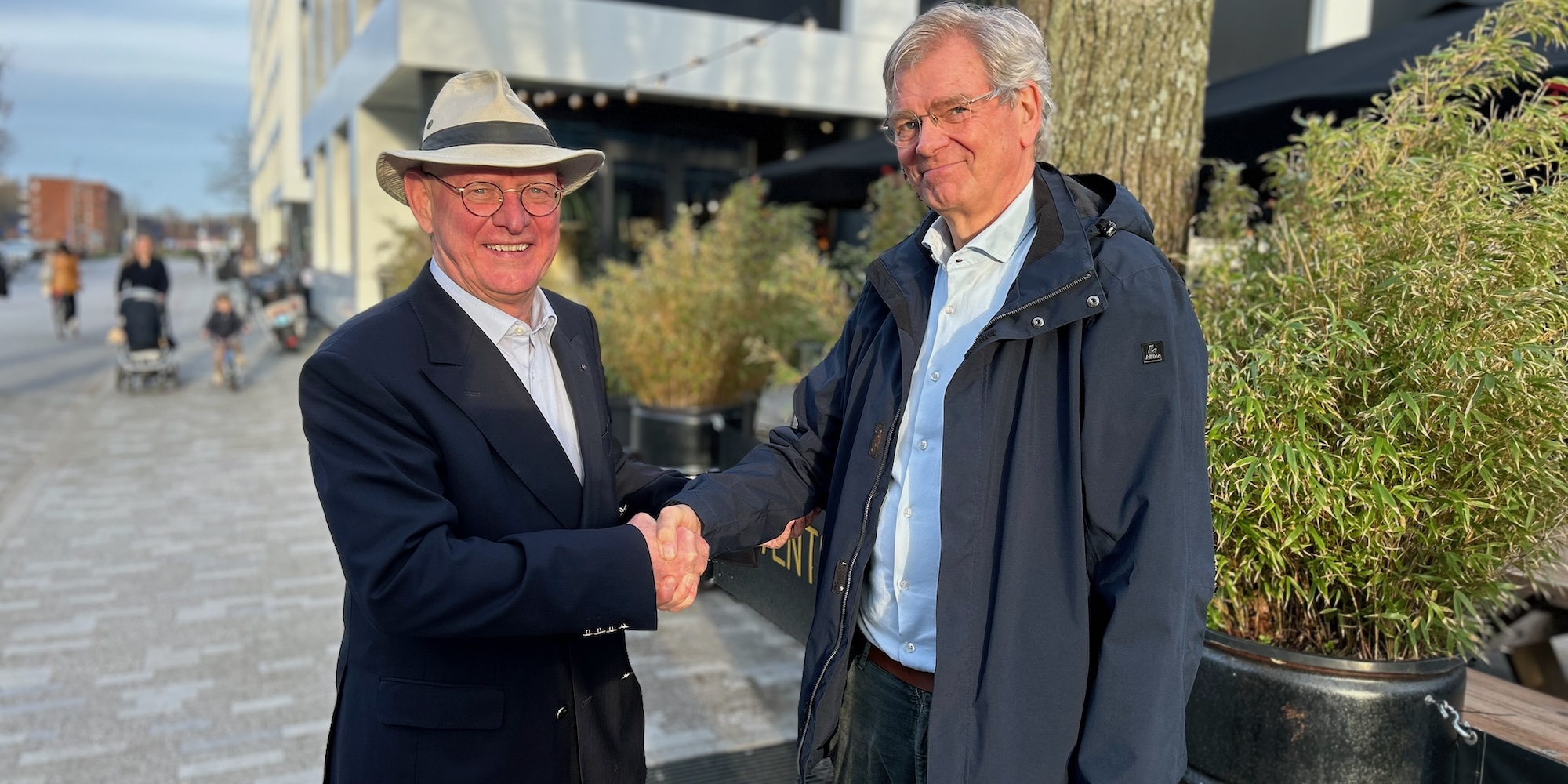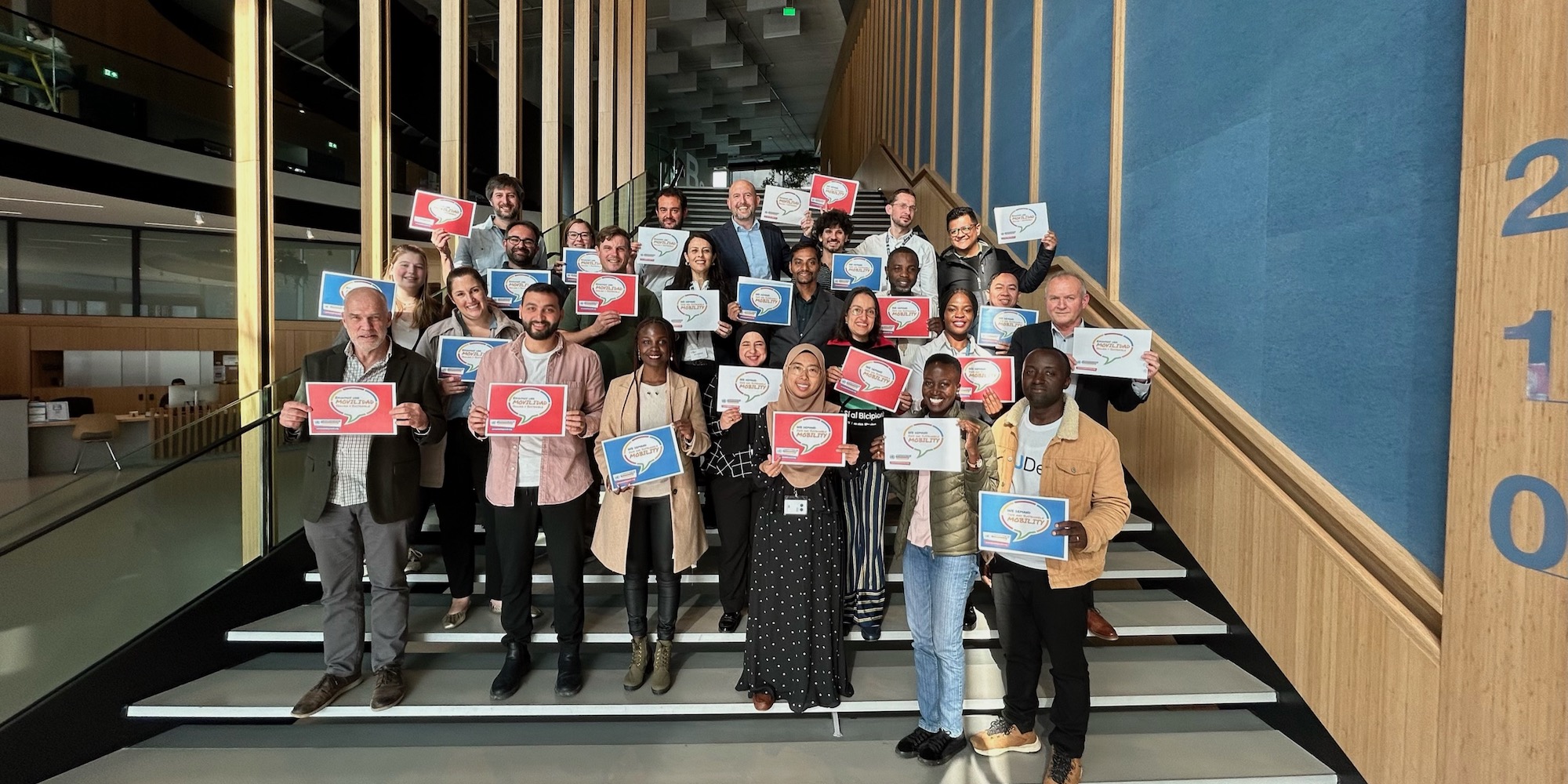DRSC News
DRSC contributes to study visit from the Singapore Land Transport Authority
Earlier this Fall, the Dutch Ministry of Infrastructure and Water Management hosted a study visit from the Singapore Land Transport Authority to The Netherlands. A key aim of the study visit was to learn about the Dutch principle “sustainable safety” when it comes to road transport and the protection of vulnerable road users.
Teije Gorris, Director of Delft Road Safety Courses was invited to contribute two presentations as part of this visit covering the Dutch implementation of Safe System Approach and how safe cycling infrastructure is managed in The Netherlands.
Representatives from the Land Transport Authority were particularly interested in issues of speed management and sustainability. Teije’s presentations therefore focused on these key issues. He emphasised how car management, in particular reducing traffic volumes and speeds, has contributed to building a safe system for cycling in The Netherlands. He highlighted the need for road networks to accommodate all road users and pointed out that there are often plenty of opportunities and spare capacity within existing structures to create conditions that favour cycling without taking too much of the roadway away from cars.
With the number of pedestrian and cyclist fatalities increasing globally (2023 Global Status Report on Road Safety, WHO), road safety and sustainability are becoming increasingly interlinked. Earlier this year, with the support of the ACTIVE initiative from the Ministry of Infrastructure and Water Management and other donors, Delft Road Safety Courses organised an online course to address this link between active mobility and the Safe System Approach. Providing engineers, designers, planners, decision-makers and advocates with both theoretical knowledge and practical instruments needed to work on road safety issues in the context active mobility is becoming increasingly important and vital to the success of global goals to both decarbonise transport and reduce road casualties.

